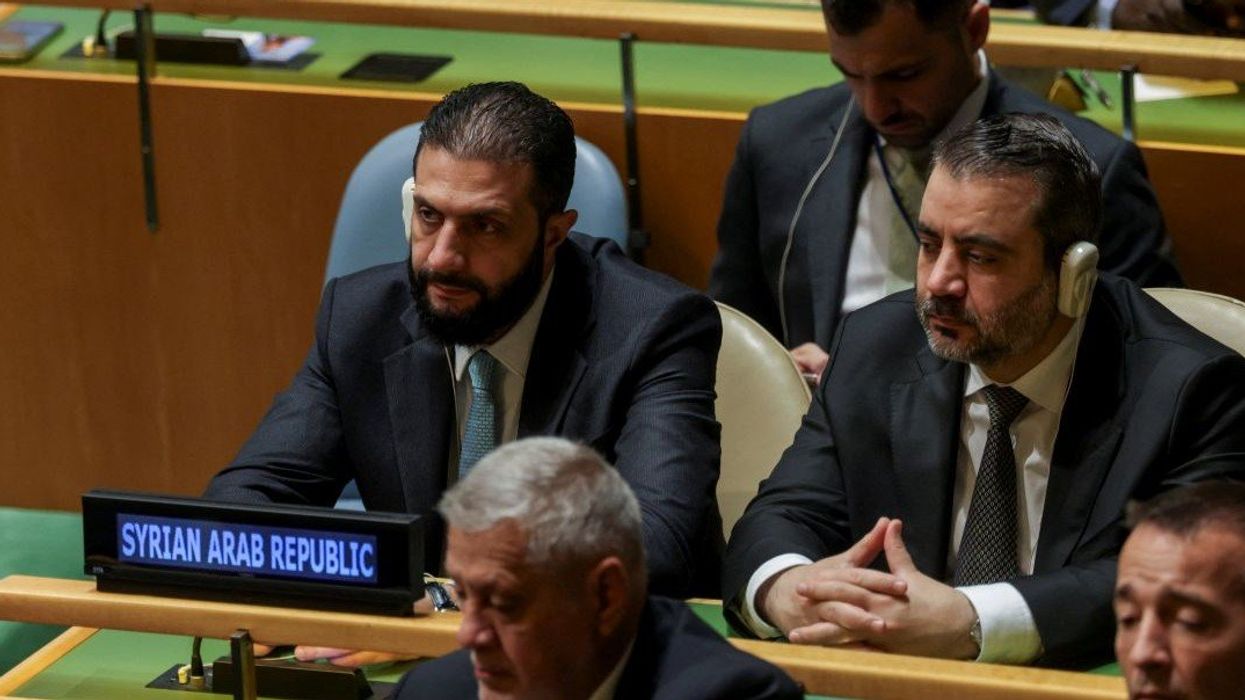Analysis
Syria’s regime makes its UN debut – and gets set for “elections”
Into the flurry of activity in New York this week stepped Syrian President Ahmed Al-Sharaa, on his first-ever trip to the United Nations - and it was quite the diplomatic coup.
Sep 24, 2025

